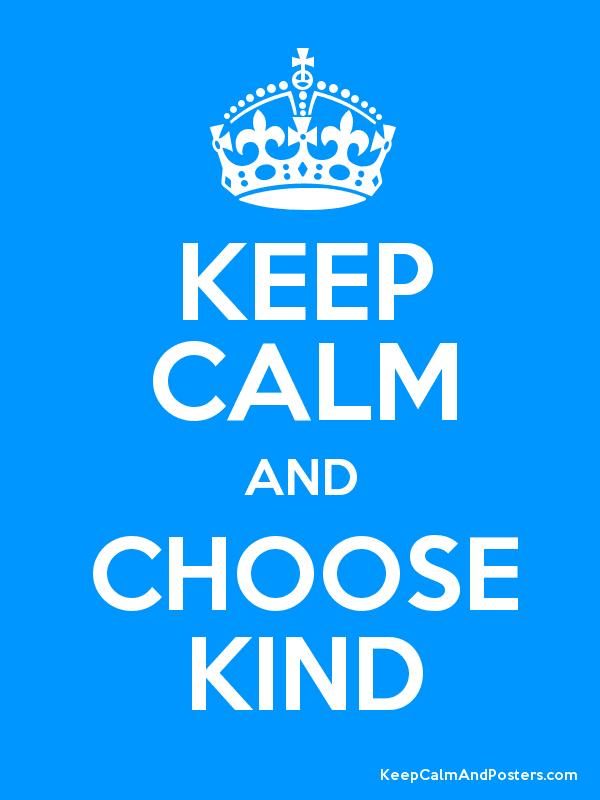When you start business or personal conversations, do you tend to hear any of these: “I think what you should…,” “Yes, but…,” “You need to…”? These statements aren’t what you want to hear, and they tell you that the other person isn’t hearing you. Neither of you is going to get what you want out of the discussion. But there is a way you can avoid this kind of locked conversation so you can be heard.
 You, like everyone else on the planet, were born a Learner/Researcher. From birth, you could see, hear, smell, taste, and feel the world as data, with no judgment and no concepts of right and wrong, good and bad.
You, like everyone else on the planet, were born a Learner/Researcher. From birth, you could see, hear, smell, taste, and feel the world as data, with no judgment and no concepts of right and wrong, good and bad.
Then the problem started. The Knower/Judger developed from collected experiences and feelings. You made decisions. “I’m not worthy.” “I have to do everything perfectly.” “Don’t talk to strangers.” “Money is evil.” “Toilet paper comes off the top of the roll.” “The world will reward me for having the right answer.”
We all make these decisions between our pure state at birth and about four to six years of age. From then on, we simply interact with our world from that assembled book of rules we’ve written regardless of whether or not those rules really work for us.
The Effect of Rules
These rules give us a catalog of automatic responses for just about anything. As an example, the K/J rulebook of a salesperson I know tells him that he will get gold stars for helping his prospects see how the services he provides are superior to the prospect’s current source. His rule says to show prospects that his services are right. It’s salesmanship, isn’t it?
So track this dialog:
S: Hi, Mr. Prospect. I’m here to show you how my services can save you money, get you in a bigger house, and fix that bald spot on your head.
P: Well thanks, S, but I already have all that covered with XYZ Corporation.
S: Fantastic Mr. P. But XYZ doesn’t address the issues the same as we do. We do it in a more efficient, effective way by assembling widgets ahead of time and shipping them to distributors in your area.
What just happened here? S spent the early part of the conversation trying to get his own emotional needs met (get his gold star) by explaining that what he is offering is superior to P’s current solution. S felt good about that part of the presentation. But what if P’s rulebook tells him that being right is a requirement of life? S just told him he was wrong.
Instantly, their K/Js are locked in a struggle to quickly get their individual emotional needs met and move on. It’s really hard to make a sale that way.
Seeing Is Half the Battle
The challenge is that we do this on autopilot. We’re not using free will, which is what we claim makes us so unique as a species. We’re not making decisions, just following the ones we made when we were four years old. A real decision would be for S to put his expertise on hold, thus violating his K/J rule, and listen to see if he can discover the buyer’s rulebook so he can speak to it.
Free will is present when you feel like doing what you’ve always done but you analyze the data on how that’s worked for you in the past and you choose to do something else. Just getting to the point where you can feel that is a huge step. When you feel that you are about to operate on autopilot, you can make a choice and change the entire direction of the conversation. And get whatever you want in life. And save civilization.


